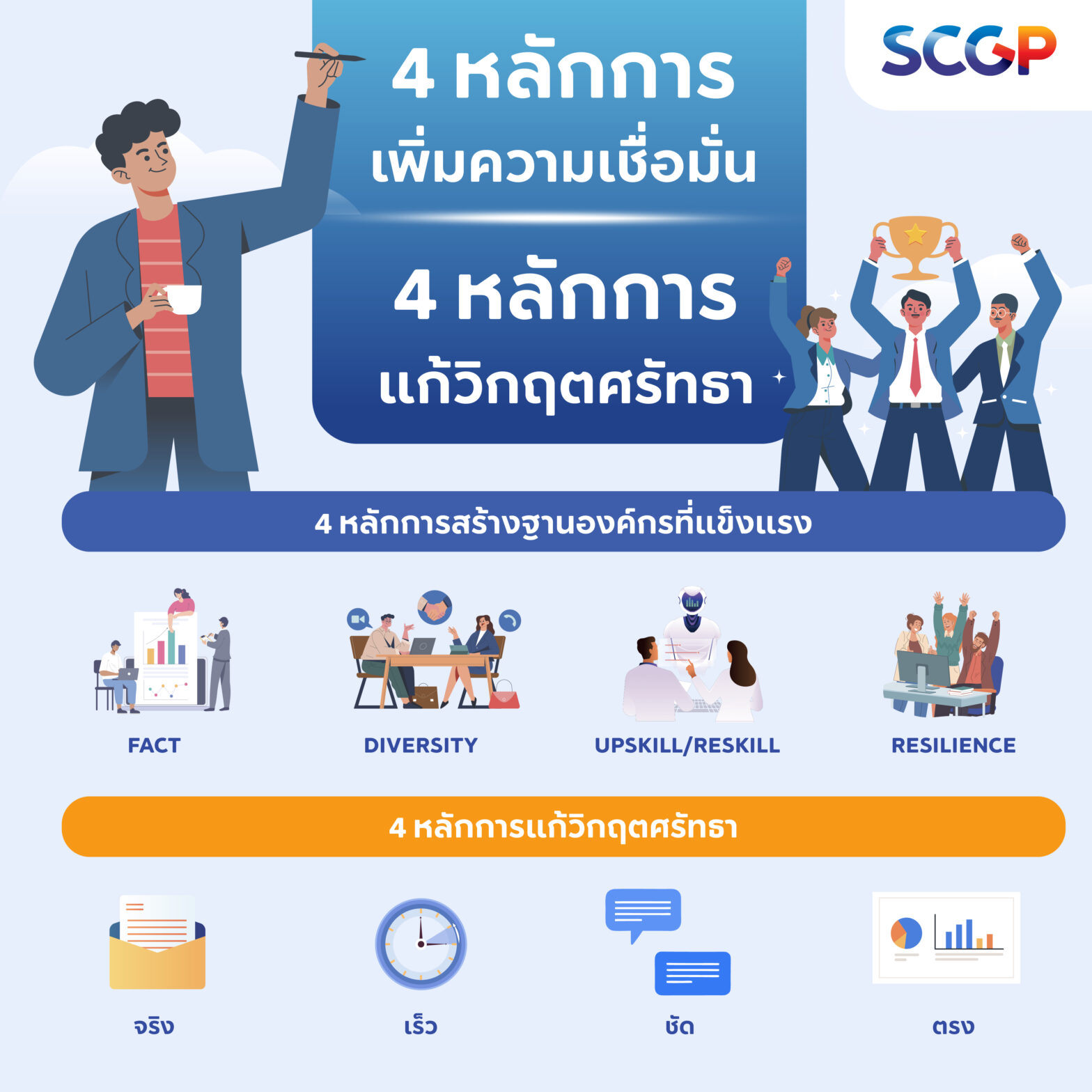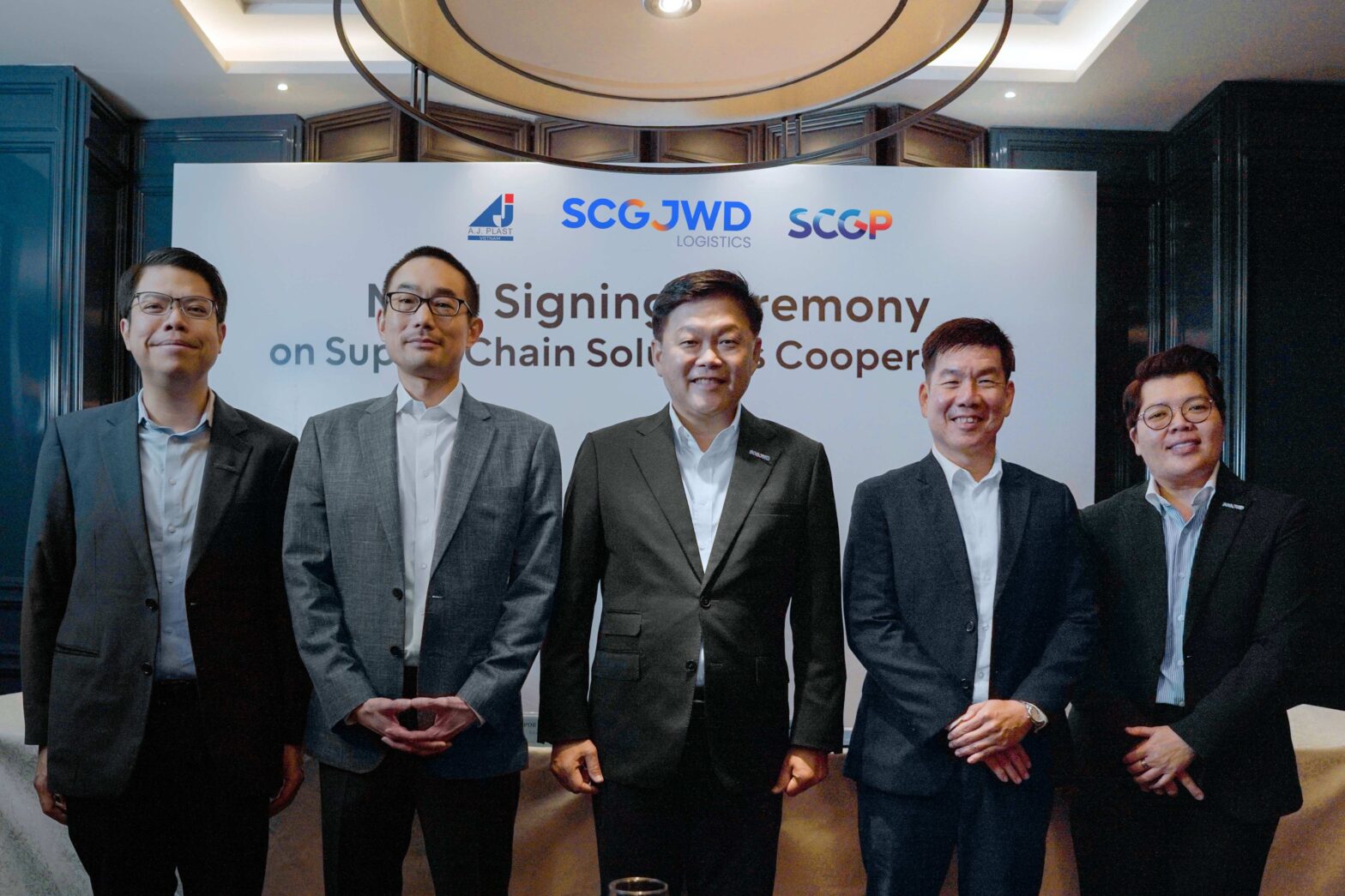Spotlight Neurotech and Telepathic Payment: Technologies That Could Transform the Future Loading Data… Have you ever noticed how rapidly our world has evolved over the past 10-20 years with new technologies completely changing human life? And in the future, our world will undergo even more dramatic transformations, making today’s technology potentially obsolete overnight. “Neurotech” Lets You Control Everything with Your Mind Neurotechnology is about studying, analyzing, and interacting with the human nervous system and brain. Combining neuroscience with cutting-edge technologies such as artificial intelligence (AI), robotics, and brain-computer interfaces (BCI), neurotech is continuously evolving, with applications spanning various fields. A prime example is Elon Musk’s Neuralink, which is developing Neural Implants — brain chips that enable direct connectivity between the brain and computers or the internet. In the medical and healthcare sector, BCI is being used to help paralyzed patients control robotic limbs or type messages using brain signals. Moreover, several inventors are integrating neurotech into the development of devices that are designed to analyze stress, depression, and emotional states through brain signals, paving the way for a better understanding of human emotions. Neurotech, moreover, contributes to gadgets that could stimulate the brain for better concentration, memory, and learning efficiency. In fact, this innovation even has a role in VR game development as the next-gen games may enable players to control characters with via brain signals. Looking ahead, experts predict the rise of Hybrid Intelligence, where human brains are directly connected to AI, significantly accelerating information processing. Furthermore, advancements in Mind-Reading Technology could enable the real-time translation of brain signals into text or commands. If fully developed, Neurotech could redefine human interaction with technology, but concerns remain regarding ethics, privacy, and security—especially the risk of brain data hacking. Without stringent regulations, unauthorized access to neural information could become a major issue. “Telepathic Transaction” is Possible with Neurotech One of the most anticipated applications of Neurotech is in financial transactions, where payments could be made through thought alone—without the need for physical contact or devices. This concept, which has gained traction in the Fintech industry, explores ways to integrate brain signals into financial transactions. A key approach involves using Brain-Computer Interfaces (BCI) to interpret brain signals as commands for digital payments. The vision for Telepathic Payments involves linking digital wallets to BCI, enabling users to authorize transactions through thought alone. Additionally, blockchain technology could be integrated to enhance security and transparency in telepathic transactions. While Telepathic Transactions are not yet a reality, experts predict that within 10 to 20 years, initial trials could begin. If telepathic transactions can really be conducted one day, it is extremely necessary to address security concerns. Reading brain signals, after all, may lead to unintentional transactions and be vulnerable to hacking. Therefore, there must be legal protections in place for thought-based transactions. Examples of Neurotech Applications Elon Musk’s Neuralink has developed “N1 Implant” or a brain chip that directly connects human brains to a computer, allowing paralyzed patients to control a computer or an electronic device via their mind. Kernel has invented “Kernel Flow”, a helmet-like device that studies brain functions such as memory, creativity, and mental states without the need of an implant, in support of neuroscience and mental health research. Blackrock Neurotech has created a BCI-based invention, “NeuroPort Array,” for the rehabilitation of paralyzed patients. Backed by AI, it enables users to control robotic limbs or type messages through telepathy. Reference: Digital planet from a LOT Vol.35 News Release ดาวน์โหลด เนื้อหาที่เกี่ยวข้อง Loading Data…
Daily Archives: 11/04/2025
4 Trust Building Rules & 4 Crisis Management Rules
Spotlight 4 Trust Building Rules & 4 Crisis Management Rules Loading Data… In the face of volatile economy, maintaining trust requires careful management. Once trust is lost, regaining it can take a long time and directly affect business operations. Your Answers has recently sat down with Asst. Prof. Dr. Ake Pattaratanakun to explore guidelines on how organizations can sustain trust. He recommends 4 rules to help businesses stand firm amid uncertainty. 4 Rules for Organizations’ Firm Foundation When an organization loses trust, the consequences can be detrimental in every aspect. Assoc. Prof. Dr. Ake thus emphasizes that it is necessary to build a solid foundation from within. This can be achieved through 4 principles: Fact, Diversify, Upskill/Reskill, and Resilience. Fact holds key to organizations’ efforts to manage situations effectively. Organizations, after all, need accurate, precise, and comprehensive data, especially during times of panic or uncertainty. Incomplete or incorrect information can lead to poor decisions, worsening the situation. Organizations thus should invest in data collection and analytics, paying attention to not just national and global news but also social trends. With modern technology making fact-checking more challenging, using Social Listening Tools can help executives better understand situations. If a brand faces negative publicity, these tools can assess whether it is a minor issue that can be overlooked or a major crisis requiring immediate action. Accurate facts are the important basis of sound decision-making. Diversify is a key principle for risk reduction. Enterprises that rely on a single revenue stream are highly vulnerable to industry disruptions. For example, auto mechanics specializing only in internal combustion engines may lose their importance as the market shifts toward electric vehicles (EVs). Businesses, therefore, must plan ahead and develop contingency strategies. Those that diversify and expand into new businesses will enjoy greater security and get better equipped to deal with unexpected changes. Upskill/Reskill is at the heart of organizations’ capability building. Their members at all levels, from employees to executives, must continuously learn and develop new skills. As the business landscape evolves rapidly, organizations that fail to adapt will be left behind. For instance, executives unfamiliar with fundraising may need to study and acquire an understanding of global financial markets, while employees unaccustomed to AI must learn to leverage the new technology efficiently. Professional standards in various industries are constantly changing too. Accountants, for example, must stay updated on new practices and new forms of assets in the wake of technological disruptions. Only organizations that adapt well and constantly upskill/reskill will maintain a competitive edge. Resilience, the ability to recover and adapt quickly, is another key factor. No organization is immune to problems and setbacks, so the ability to fail fast and bounce back is critical. In the future, speed and flexibility—also known as agility—will play a crucial role in organizational management. Traditional corporate cultures that punish mistakes can create environments that stifle learning and innovation. Encouraging employees to experiment with new ideas and recover quickly from any failure, on the other hand, will strengthen the organization. Same Mindset for The Whole Organization The aforementioned 4 rules must be more than just concepts—they need to be implemented at every level of the organization for systematic, adaptive, and effective management. Organizations must communicate these principles clearly so that all employees adopt the same mindset. Resilience will happen only when members realize that mistakes are learning opportunities rather than career setbacks. Shaping employees’ mindset can be achieved in various ways, such as rewarding those who overcome failures and develop effective solutions or hiring young professionals whose perspectives align with the organization’s direction. “True, Fast, Clear, Relevant”: 4 Crisis Management Rules When an enterprise falls into a crisis, the most important things are to maintain credibility and efficiently solve the problem. The “True, Fast, Clear, Relevant” rules will enable enterprises to respond professionally to negative rumors and situations. “True” here means enterprises must release facts about the situation. If they are responsible for mistakes, they must admit it sincerely and show responsibility. “Fast” means enterprises must quickly respond to the situation. As rumors and public sentiments can rage on like wildfires, a slow response, therefore, may mean the situation may finally become uncontrollable. “Clear” requires that enterprises communicate in a straightforward and concise manner. “Relevant” is about catering the messages properly to target groups. For example, investors will want reassurances, transparency, and proper response plans. Customers, meanwhile, will expect enterprises to show the ability to continue delivering value and good services. Summary: Trust needs to be built and managed. 4 trust-building rules—Fact, Diversify, Upskill/Reskill, and Resilience form a strong foundation for business stability, while the “True, Fast, Clear, Relevant” approach enables organizations to navigate crises and restore credibility fast. By implementing these strategies, businesses can adapt to change and grow solidly in an unpredictable world. Reference: Your answers from a LOT Vol.35 News Release ดาวน์โหลด เนื้อหาที่เกี่ยวข้อง Loading Data…
SJWD further expands its overseas business portfolio Two new contracts worth over B450 million signed in Vietnam For end-to-end solution & supply chain financing logistics services
News SJWD further expands its overseas business portfolio Two new contracts worth over B450 million signed in Vietnam For end-to-end solution & supply chain financing logistics services Loading Data… SCGJWD Logistics Public Company Limited (SJWD) further expanded the Company’s business portfolio abroad, closing new deals with two customers in Vietnam, worth a combined 450 million baht. One contract, a four-year extension, was concluded with Vina Kraft Paper Company Limited to continue the expansion of its logistics services for another four years and the cooperation on the project to utilize electric vehicles in the quest towards Net Zero. Another new contract was signed with A.J. Plast (Vietnam) Company Limited to provide complete logistics service in the form of “end-to-end logistics & supply chain financing solution”, in the provision of the transportation services of machinery from Thailand to Vietnam including the installation to support the phase-2 plant expansion. This project will also be a collaboration with Transimex Corporation, SJWD’s logistics partner in Vietnam, to co-provide services. A plan is also underway to negotiate further opportunities for additional construction of a new warehouse together with the management deal. Mr. Bunn Kasemsup, Co-Chief Executive Officer of SCGJWD Logistics Public Company Limited (SJWD), the largest integrated logistics and supply chain service provider in the ASEAN, revealed that, in relation to the Company’s 2025 business plan that puts the focus on the expansion of the overseas businesses as a main strategy, Vietnam is one of the countries that SJWD is most interested in to expand its business because that country’s economy has shown high growth potential and is likely to benefit the most from China’s relocation and expansion of production bases from that country to the ASEAN region, to reduce the impact from the volatility of the trade war. In this year, the Company has planned to aggressively and continuously expand logistics and supply chain services as well as to extend its expertise in providing end-to-end logistics & supply chain financing solution services to customers in various industrial sectors in Vietnam, including companies within the SCG Group and all other industrial customers. Most recently, SCGJWD Logistics (Vietnam) Company Limited (formerly SCG International Vietnam), a wholly-owned subsidiary of SJWD, has signed new contracts with two customers in Vietnam: (1) Vina Kraft Paper Company Limited (VKPC), an SCGP Group company, a leading packaging paper manufacturer in Vietnam, as well as being a joint venture between Siam Kraft Industry Company Limited (an SCGP Group subsidiary) and Rengo Company Limited of Japan; and, (2) A.J. Plast (Vietnam) Company Limited, a manufacturer of plastic film for packaging, and a joint venture between SCG Chemicals Public Company Limited and A.J. Plast Public Company Limited of Thailand. The combined value of the two new contracts worth over 450 million baht will help to strengthen the Company’s performance and generate higher revenue in Vietnam. SCGJWD Logistics (Vietnam)’s logistics services contract with Vina Kraft Paper was for an additional four years (2025-2028) and was stipulated to provide transportation services for recycled paper to Vina Kraft Paper’s factory, as well as the cooperation in the project to convert to electric-powered vehicles within Vina Kraft Paper’s factory and warehouses, a part of which is to gradually replace diesel-powered forklifts with EV forklifts to reduce carbon emissions with the main aim to achieve Net Zero target and to investigate the value in reduced logistics costs. Mr. Charvanin Bunditkitsada, Co-Chief Executive Officer of SJWD, meanwhile, said that the new contract with A.J. Plast (Vietnam) will expand the end-to-end logistics & supply chain financing solution services to support the expansion of that company’s phase-2 plant expansion by providing transportation services of machinery from the A.J. Plast plant in Thailand to Vietnam via sea freight, the machinery installation services, and the management of warehouses in the phase-2 plant following the completion of the installation of the machinery and the commencement of production. This project will be supported by Transimex Corporation, SJWD’s logistics partner in Vietnam, who will help to provide machinery extraction services from containers and the in-land transportation in Vietnam. In addition, SCGJWD Logistics (Vietnam) has a plan to negotiate the expansion of its services to A.J. Plast (Vietnam) that has in the pipeline the plan to build a new warehouse. The Company expects to leverage the investment and the construction of the new warehouse in the “built-to-suit” arrangement according to the specific needs of the customer, either for direct delivery or long-term lease, along with the provision of warehouse management and logistics services. “The Company is expanding its services in the form of end-to-end logistics & supply chain financing in Vietnam to meet the specific needs of each customer, with the aim to help increase per-project revenue. And in addition to the new contract with A.J. Plast (Vietnam), SJWD is also negotiating with another customer in Vietnam, with the conclusion expected to materialize in the second half of this year,” Mr. Charvanin added. News Release Download Related Contents Loading Data…



